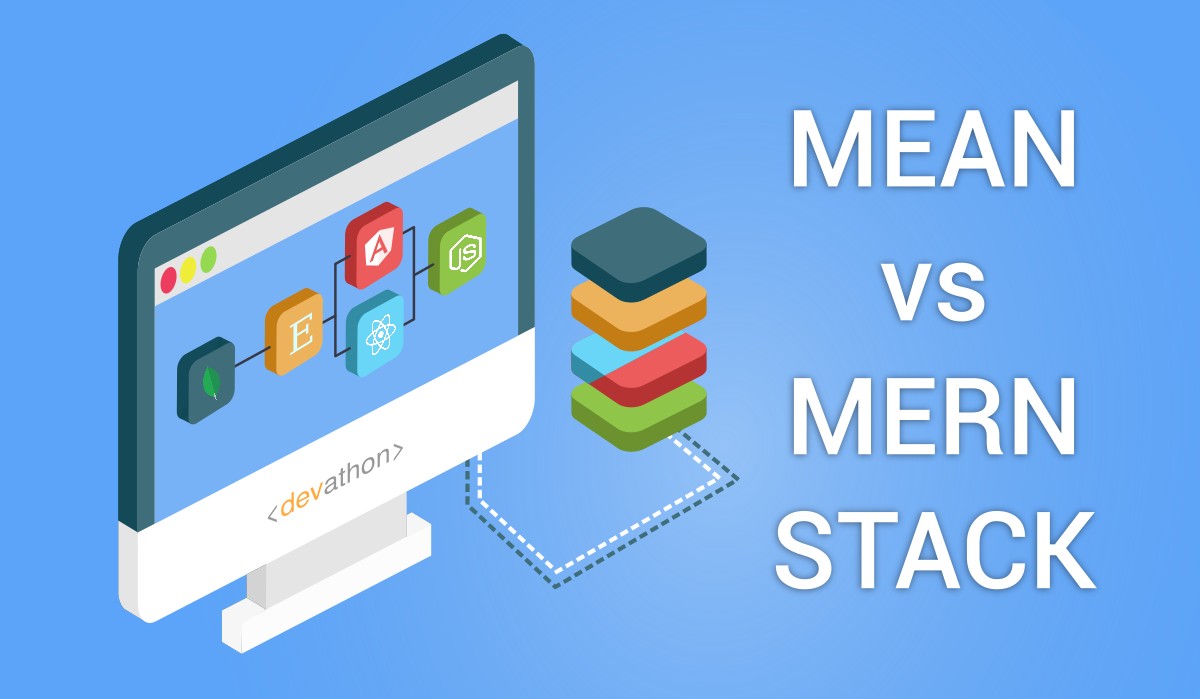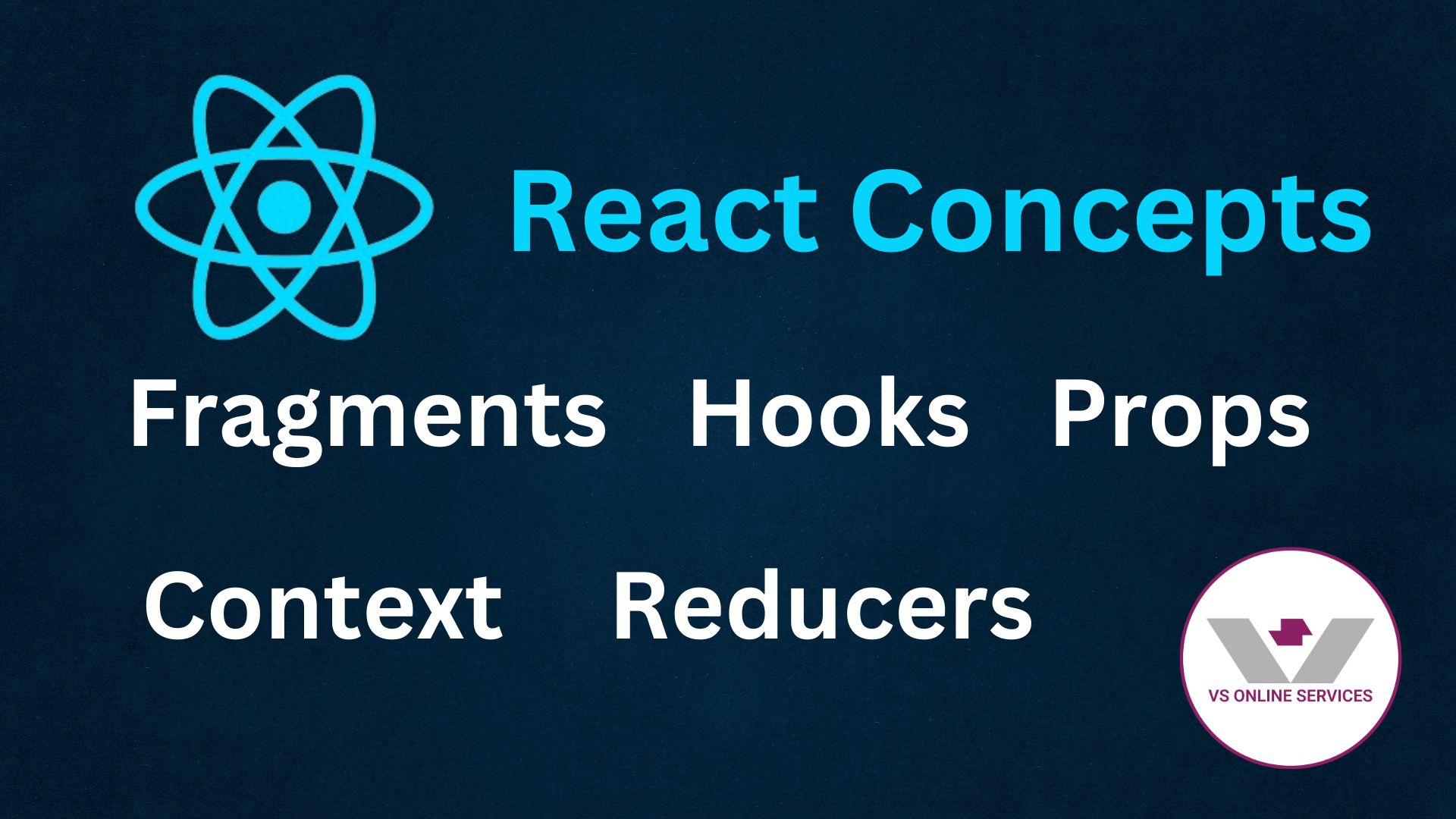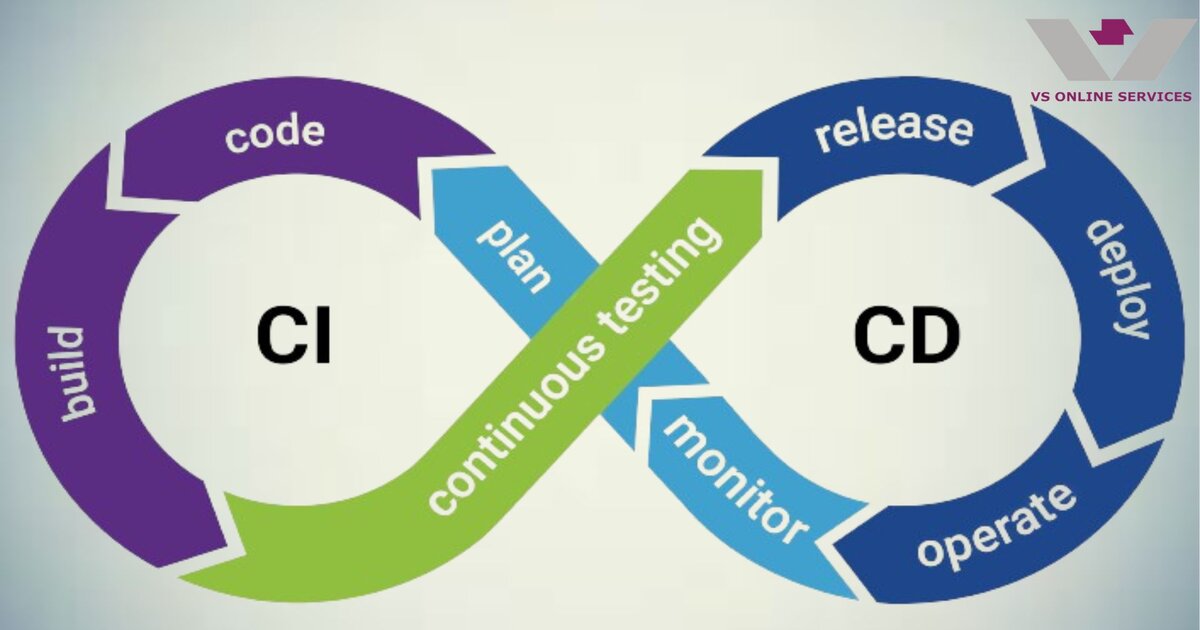8th Aug 2023
Comparing MERN and MEAN Stacks for Your Choice

In the world of modern web development, choosing the right technology stack is a crucial decision that can significantly impact your project's success. Two popular options for building dynamic web applications are the MERN (MongoDB, Express.js, React, Node.js) and MEAN (MongoDB, Express.js, Angular, Node.js) stacks. In this blog post, we will conduct an in-depth comparison of these two stacks to help you make an informed choice for your next web development project.
MERN Stack: Unleash the Power of React
- MongoDB: MongoDB is a NoSQL database that stores data in a flexible, JSON-like format called BSON. It's known for its scalability, high performance, and the ability to handle large amounts of data. MongoDB is a great choice for projects that require flexibility in data modeling.
- Express.js: Express.js is a lightweight, fast, and unopinionated web application framework for Node.js. It simplifies the process of building robust and scalable APIs. Express is known for its minimalism, which allows developers to have more control over their project's structure.
- React: React is a popular JavaScript library for building user interfaces. It is maintained by Facebook and has a vast community of developers. React's component-based architecture and virtual DOM make it a powerful tool for creating interactive and responsive frontends. It excels in creating single-page applications (SPAs).
- Node.js: Node.js is a server-side JavaScript runtime environment that allows you to run JavaScript on the server. It's known for its event-driven, non-blocking I/O model, making it highly efficient and suitable for building real-time applications.
MEAN Stack: The Angular Advantage
- MongoDB: MongoDB is the same NoSQL database used in the MERN stack, offering the same advantages of flexibility and scalability.
- Express.js: Express.js, as mentioned earlier, is a minimalist web application framework used in both the MERN and MEAN stacks. It provides a consistent backend structure.
- Angular: Angular is a comprehensive front-end framework developed and maintained by Google. It's known for its robustness, built-in features, and extensive tooling. Angular's two-way data binding and dependency injection make it an excellent choice for complex web applications.
- Node.js: Node.js serves as the backend runtime environment in both stacks, offering the same benefits of efficiency and real-time capabilities.
Key Differences
Now, let's delve into the key differences between the MERN and MEAN stacks to help you make your choice
1. Frontend Framework
- MERN: React is the frontend library in the MERN stack, known for its simplicity and the ability to create SPAs efficiently.
- MEAN: Angular is the frontend framework in the MEAN stack, offering a more structured and opinionated approach to building web applications.
2. Learning Curve
- MERN: React's learning curve is generally considered to be less steep than Angular, making it an attractive option for developers who want to get started quickly.
- MEAN: Angular's comprehensive nature can require a longer learning curve for beginners. However, it offers a more structured development approach.
3. Community and Ecosystem
- MERN: React boasts a vast and active community, with numerous open-source libraries and resources available. This results in a wide range of third-party integrations and components.
- MEAN: Angular also has a strong community and extensive ecosystem, with official support from Google. This ensures consistent updates and documentation.
4. Project Type
- MERN: The MERN stack is particularly well-suited for projects that prioritize flexibility and rapid development, such as startups and MVPs.
- MEAN: The MEAN stack is a great choice for larger, enterprise-level applications where a more structured and opinionated framework is preferred.
Here is a table that summarizes the key differences between MERN and MEAN:
| Feature | MERN | MEAN |
|---|---|---|
| Front-end framework | React | Angular |
| Back-end runtime environment | Node.js | Node.js |
| Database | MongoDB | MongoDB |
| Key differences | Component-based library, smaller community | Full-featured framework, larger community |
Making Your Choice
Ultimately, the choice between the MERN and MEAN stacks depends on your project's specific requirements, your team's expertise, and your development philosophy. Here are some considerations to help you decide:
- MERN Stack: Choose this stack if you value flexibility, simplicity, and the ability to create SPAs quickly. It's an excellent choice for small to medium-sized projects where you want to move fast and iterate quickly.
- MEAN Stack: Opt for the MEAN stack if you prefer a more structured and opinionated approach to development. This stack is well-suited for larger applications and enterprise-level projects.
Conclusion
Remember that both stacks are highly capable and can deliver outstanding results when used appropriately. It's essential to evaluate your project's unique requirements and your team's expertise before making a decision. Whichever stack you choose, the key to success lies in leveraging the strengths of the individual technologies and frameworks within it.




